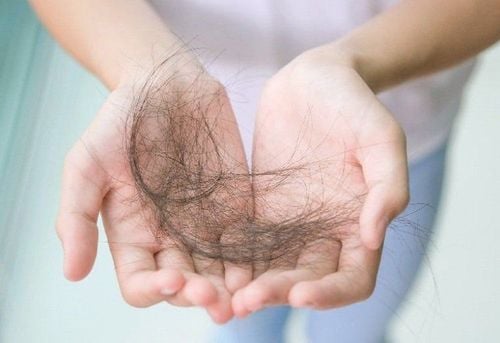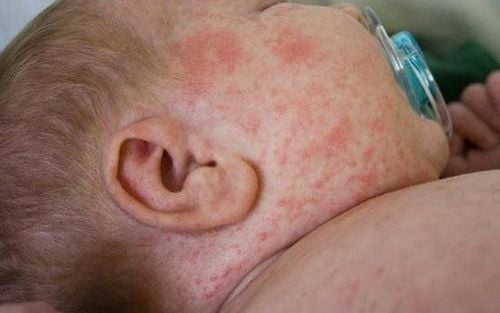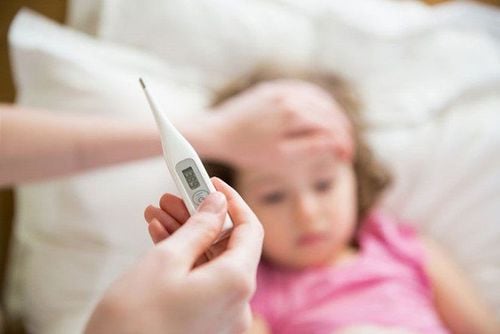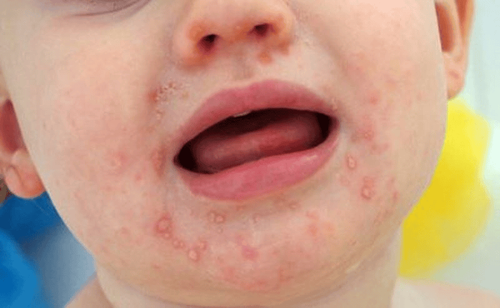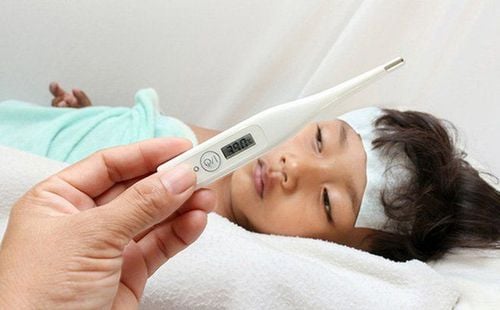Article professionally reviewed by Nguyễn Thị Ân, MSc, MD - Pediatrician - Neonatologist - Pediatrics & Neonatology Department - Vinmec Ha Long
Hand, foot, and mouth disease is a fairly common and contagious condition, often occurring in children under 5 years old. Hand, foot, and mouth disease in young children should not be taken lightly, as it can lead to dangerous complications if not treated and cared for properly. So, what foods should children with hand, foot, and mouth disease avoid?
1. Dangerous Complications of Hand, Foot, and Mouth Disease
Hand, foot, and mouth disease is caused by the Coxsackie virus. This virus spreads very quickly through the mouth, nasal secretions, skin lesions, and the stool of infected children. The signs of hand, foot, and mouth disease in children typically include mild fever, loss of appetite, fatigue, sore throat, cough, abdominal pain, and red rashes on the skin. The rashes on the child’s skin are usually not painful, not itchy, and can last up to 10 days.
Hand, foot, and mouth disease usually resolves on its own and does not pose a major threat to the child’s health. However, it can lead to very dangerous complications if the child is not carefully cared for.
The complications of hand, foot, and mouth disease often include:
- Cardiovascular and neurological complications, such as encephalitis, myocarditis, and meningitis. The danger is that these complications can be very difficult to detect early if doctors and family members do not pay attention.
- Weakness or paralysis of limbs; paralysis of cranial nerves.
- High blood pressure.
- Circulatory shock.
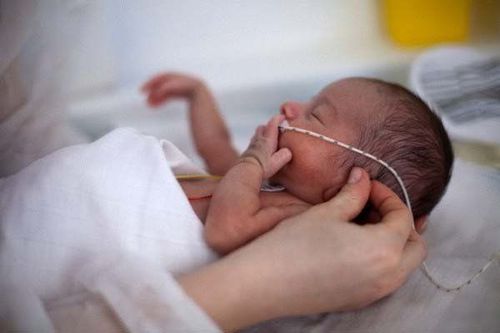
If the child experiences complications and is not treated correctly and in a timely manner, they could die within a few hours.
Some warning signs of potential complications include: the child has a high fever that persists for more than 2 days and is difficult to bring down; vomiting a lot, not accompanied by diarrhea; the child is crying, panicking, speaking incoherently, and disoriented; high blood pressure; difficulty breathing, wheezing; seizures.
2. Caring for a Child with Hand, Foot, and Mouth Disease
2.1. Nutritional Care
Taking care of a young child during the illness and recovery phase is very important, especially nutrition, to help the child have good resistance against the virus. Therefore, when a child has hand, foot, and mouth disease, parents should:
- Offer soft, liquid, and cool foods that are easy to swallow since the child’s mouth may be sore from the lesions. Divide meals into smaller portions and avoid forcing the child to eat.
- Provide sufficient protein and zinc to help produce antigens and antibodies. Some foods rich in protein and zinc include eggs, meat (lean meat porridge), milk, yogurt, honey, and watermelon.
- Supplement the child with Vitamin C through foods like green vegetables, papaya, coconut water, etc.
- If there are signs of blister rupture, add more Vitamin A to the child’s diet through foods like carrots and corn to prevent secondary infections.
- For infants or children under 1 year old who are still breastfeeding, continue breastfeeding as usual, possibly increasing the frequency since each feeding might be smaller.

When a child has hand, foot, and mouth disease, avoiding certain foods is also very important to help them recover quickly. Parents need to pay attention to:
- Do not give the child hard, hot foods as they can irritate the ulcers, making it painful, difficult to eat, and hard to swallow.
- Avoid giving children salty, spicy, or greasy snacks, even if they are the child's favorites.
- Be careful when using spoons or utensils with sharp edges to feed the child; do not touch the lesions on the child's tongue and lips as this can cause pain and make the child scared of eating.
2.2. Proper Hygiene Practices
- Have the child rinse their mouth and rest after eating.
- Wash hands thoroughly with soap when preparing food, and before and after caring for the child with hand, foot, and mouth disease.
- Do not let the child pop the blisters on their skin.
- Disinfect the child’s belongings and clean their room with disinfectant solutions.
- It is a misconception that children should not bathe. In fact, not bathing can create an environment for bacteria to grow, which can lead to other illnesses or complications.
- If the child is attending school, it is best to keep them home to avoid spreading the disease to other children.
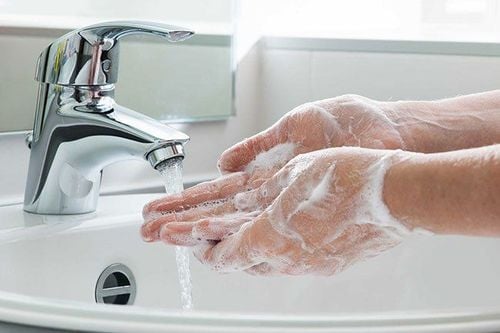
3. Preventing Hand, Foot, and Mouth Disease in Children
Currently, there is no vaccine for hand, foot, and mouth disease. Therefore, the most effective measures to control the disease include:
- Limit the child’s exposure to infected individuals and avoid crowded places during an outbreak.
- Ensure the child eats a balanced diet to strengthen their immune system, helping prevent the disease. For newborns, increase their immunity by breastfeeding more often. For older children who no longer breastfeed, improve their immunity through nutrition, exercise, healthy habits, and a balanced lifestyle.
- Do not spoon-feed the child; avoid allowing the child to eat with their hands, suck their fingers, or suck on toys.
- Maintain proper hygiene in the home, cleaning personal items, and disinfecting regularly to eliminate bacteria and viruses.
- Wash hands and feet thoroughly with soap under running water, especially before preparing food, before and after feeding the child, after changing diapers, and after using the toilet.
- Children with hand, foot, and mouth disease should be isolated for at least 10 days from the onset of symptoms and should not attend school or play with other children to prevent spreading the infection
To arrange an appointment, please call … or make your reservation directly HERE. You may also download the MyVinmec app to schedule appointments faster and manage your reservations more conveniently.





